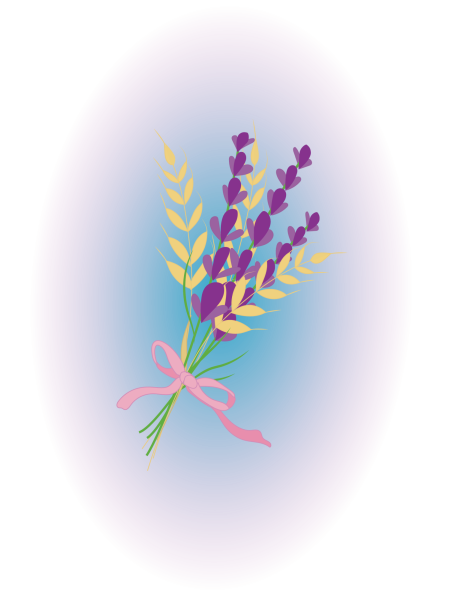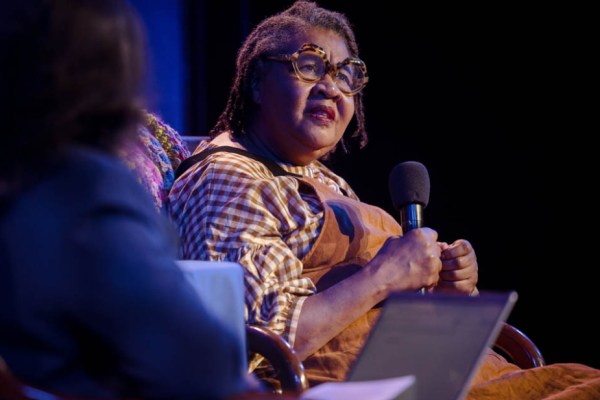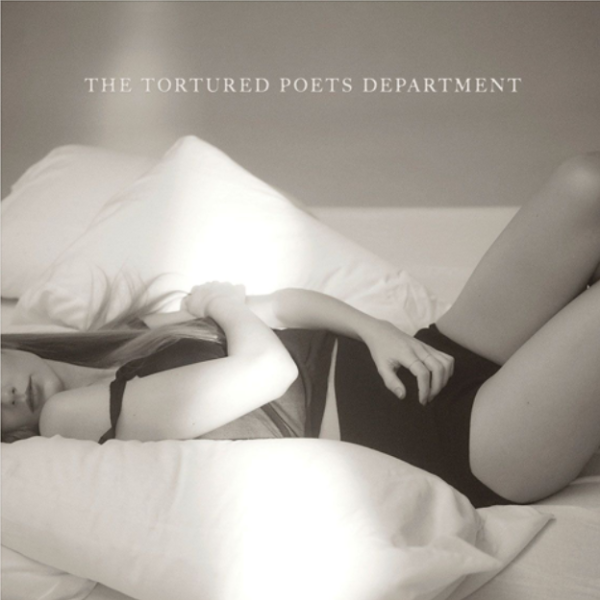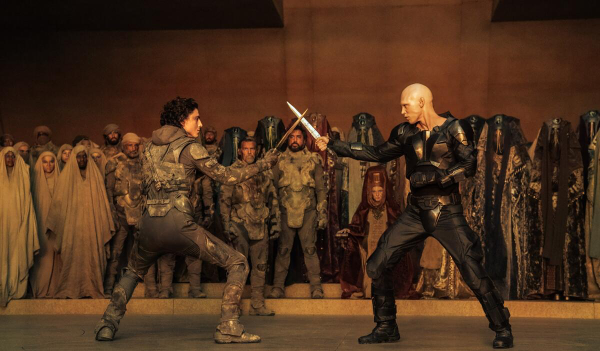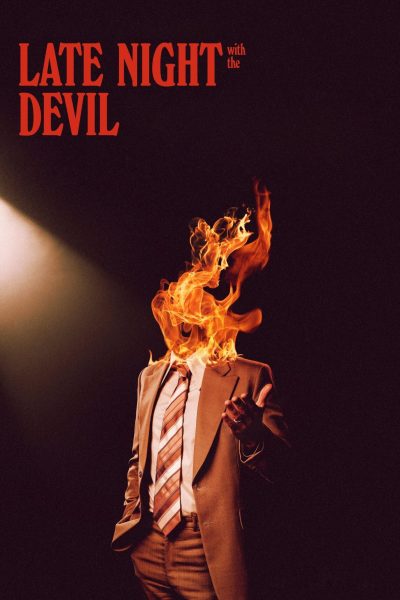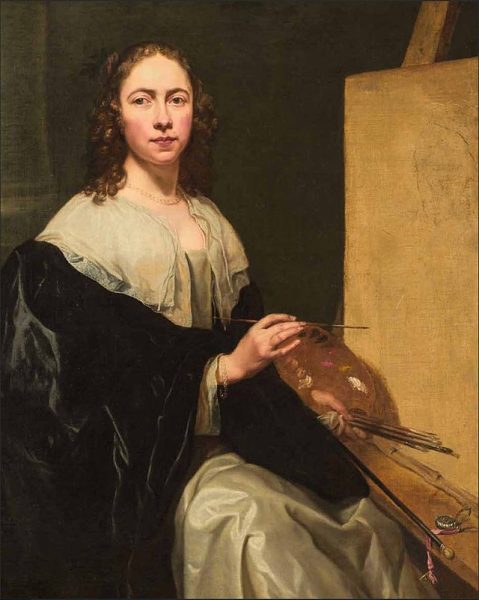Underrepresented winter holidays
A Complete Guide to This Season’s Traditions Across Cultures
It is the most wonderful time of the year! For various people and cultures around the world, the winter season is full of holidays. Being at a Catholic Jesuit institution, Christmas is naturally a holiday observed by many members of the SLU community, but it is important to consider the different identities and various traditions that others may observe throughout December and January at SLU.
From Dec. 16 through Dec. 24, various communities of Spanish and Latin American descent will celebrate “Las Posadas,” a Spanish word meaning “The Inns.” This tradition honors the Christian story of Mary and Joseph’s journey before the birth of their son. Across nine nights, representing the nine months of Mary’s pregnancy, groups create processions to symbolize Mary and Joseph’s quest for shelter on the night of Jesus’ birth. Typically, these processions end at a different family’s house each night where a party is held. Customary party traditions include prayers, food, music, fireworks and star-shaped piñatas. The next morning, Mass is held as a reminder of the religious origins of this holiday. As a combination of Catholic influence and Latin American cultures, Las Posadas represents a time for contemplation, celebration, and community.
Falling on Dec. 18 through Dec. 26 this year, Hanukkah is commonly celebrated by people of Jewish faith. This eight day tradition commemorates the miracle following the Jews’ victory over the Syrians in 164 B.C. While they were restoring the temple in Jerusalem, which had been destroyed during the war, they found a single jar of olive oil remaining. Although it should have only been enough to light the menorah – a seven-branched candelabra – for one day, the single jar miraculously fueled the candles for eight nights. Today, this event is celebrated by adding a candle to the nine branched menorah for eight nights. While the candle is being lit, Jews recite blessings. Traditional foods during this holiday include latkes (potato pancakes), “sufganiyot,” a Hebrew word for “jelly-filled donuts,” and other fried foods in honor of the miracle of oil. Additional customs during Hanukkah include exchanging gifts and playing a game with a spinning top, also known as a dreidel. This holiday, observed by Jews in Israel, the United States and other areas of the world, honors Jewish history, religion and culture.
Celebrated from Dec. 26 through Jan. 1, Kwanzaa, is another wintertime holiday. Created in 1966, this seven day observance aims to promote Pan-Africanism, or the unity of Indigenous Africans and African descendants. Each night, a candle of a candelabra, called the Kinara, is lit to represent one of seven principles that the holiday revolves around: umoja (unity), kujichagulia (self-determination),ujima (collective work and responsibility), ujamaa (cooperative economics), nia (purpose), kuumba (creativity) and imani (faith). Traditions during this week include African song, dance, drums, stories, clothing and poetry. To conclude the week, observers exchange gifts and enjoy a Karamu, a communal Southern African feast to celebrate the harvest. While primarily observed in the United States, African descendants in the Caribbean and other countries also participate in this celebration of African history, values and communities.
On Jan. 22, 2023, many East and Southeast Asian cultures, including Chinese, Vietnamese and Korean communities, will begin celebrating Lunar New Year. Following the Lunar calendar, this holiday is observed from the first new moon at the end of January until the full moon arrives 15 days later. Each new year is associated with a zodiac animal. 2023 will be the year of the rabbit. New Year’s Eve and New Year’s Day are filled with religious and family gatherings to honor ancestors. Later in the holiday, celebrations include lantern festivals, parades, dances, and games. Dishes with rice are typically prepared but vary slightly among the various Asian communities that observe the holiday. Being aware of the events celebrating various holidays on SLU’s campus, from Christmas on the Quad to to the Vietnamese Student Association’s Tet (Lunar New Year celebration), helps students observe and recognize the traditions and identities of those in their community. It is important to recognize and respect cultural differences while remembering that no matter the culture, wintertime is about celebrating community and a new start.
Your donation will support the student journalists of Saint Louis University. Your contribution will help us cover our annual website hosting costs.


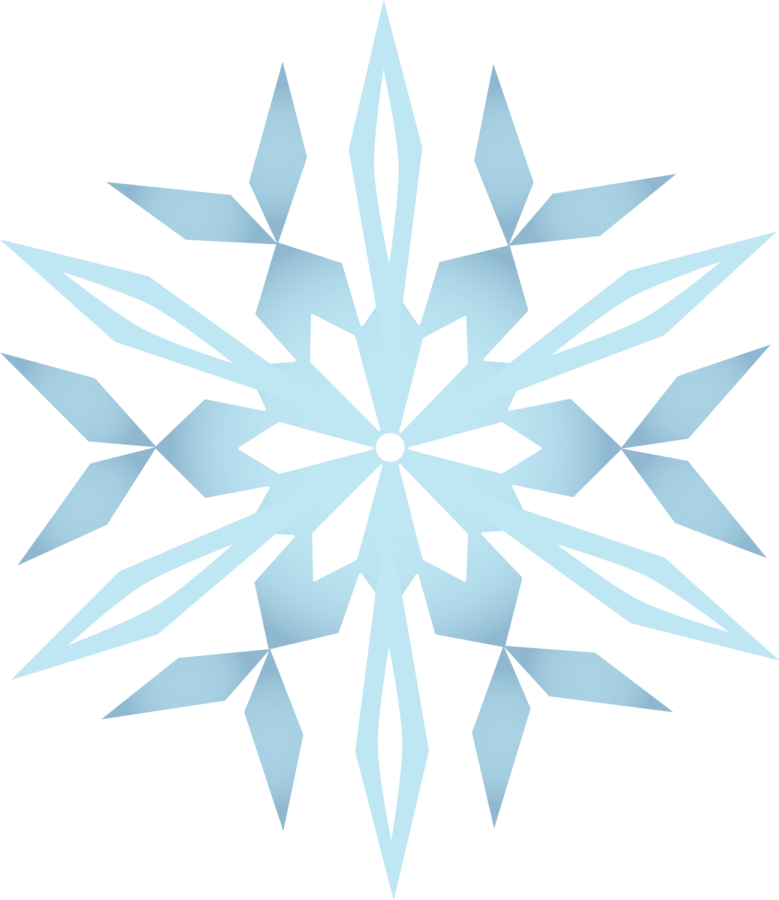
![The Teskey Brothers [Crew] gather together for a curtain call in front of a raucous St. Louis crowd after a two-song encore. (Photo courtesy of Vertrell Yates / @trellseyephotography)](https://unewsonline.com/wp-content/uploads/2024/05/Screenshot-2024-05-21-232057-600x370.png)

